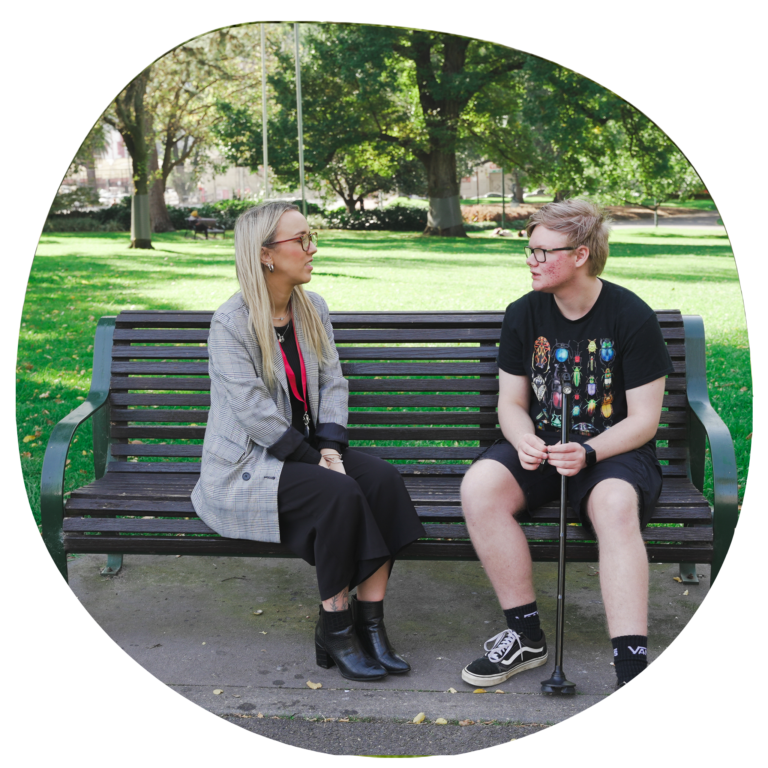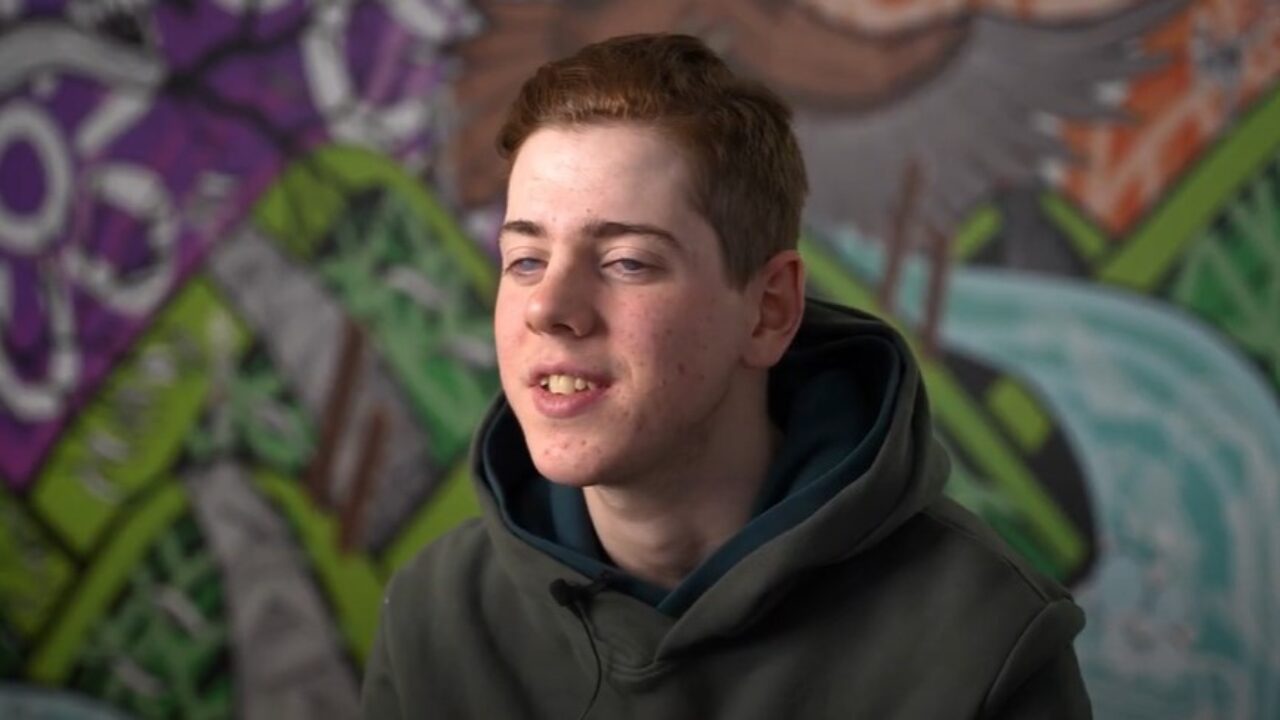Supporting disabled young people to speak up
As a family member or carer of a disabled young person, you can make sure they are heard and supported when speaking up.
Sometimes things can go wrong with a disabled young person’s NDIS supports and services. It’s important that they feel supported to speak up and make a complaint.
On this page, you will find information on how you can be there for your young person when they share a concern with you and during the complaints process.
One way you can support a disabled young person through this process is by going through the disabled young people’s section of this website together.
We’ve developed a guide to support you to do this. It outlines each section of the website for disabled young people, and provides prompts for discussion throughout.
How to use this hub to support disabled young peopleValidate their concerns
It takes courage to speak up and say something is wrong. When disabled young people raise concerns about their disability supports, it’s important that you listen, believe them, and take their concerns seriously.
If they are worried about their disability supports by can’t explain why, visit our Signs something is wrong webpage together.
When talking about the problem, avoid phrases such as, “it’s not that bad,” or “get over it,” even if you wouldn’t be upset if the issue happened to you. What matters is how the young person feels.
Instead, you could say, “that must have been difficult,” or “it’s okay for you to feel that way.”
Signs something is wrong with your disability supports
Support disabled young people to speak up
If a disabled young person shares a concern about a support worker, therapist, or other NDIS service provider, encourage them to express the issue in their own way.
If they want to bring up the problem with the person causing the issue directly, they may feel confident to raise concerns on their own or they may want your support.
For helpful resources, visit our How to talk about a problem webpage together.
Important! They do not have to raise concerns directly with the person or service provider causing the problem if they do not feel comfortable.
Visit the Make a complaint section of our website for other ways to speak up and get help.
Remember, sometimes the best way to offer support is to step back and listen—your young person knows themselves better than anyone else.
During the complaints process
If disabled young people decide to make a formal complaint, filling out forms and gathering evidence can be overwhelming. Make sure to go at the young person’s pace.
Talking about the issue might be upsetting for them. You know them best, so look out for signs that they might be feeling overwhelmed or upset. Stop talking about the issue or working on the complaint if they need a break.
It might take a while to hear back about the outcome of a complaint, and waiting can cause anxiety.
Check in to see how they’re feeling during the process, but if they don’t want to talk about it, don’t push them.
Visit the link below together for ways disabled young people can look after themselves during this time.

Making a complaint as a disabled young person
In this video, six disabled young people talk about their experience making a complaint.
Making sure disabled young people are heard by NDIS service providers
It’s important to make sure disabled young people are heard by NDIS service providers because they have the right to be safe, respected, and receive the support that works best for them.
Listening to their voices helps ensure services meet their needs, protects their rights, and empowers them to speak up when something is wrong.
You can make sure that NDIS service providers listen to disabled young people.
You can:
- Copy the young person into emails or other correspondence about their supports or a complaint made, where appropriate.
- Check in with the young person during meetings.
- If the service provider keeps asking you questions, continue to direct the questioning to the disabled young person. You can say something like “what do you think [name]?” when you are asked directly.
- Encourage the young person to explain the issue in their own words and use those words when you talk to the service provider.
- Acknowledge when the service provider prioritises the young person.
When a service provider ignores disabled young people
Check in with the young person and ask them what they’d like you to do about it.
If a service provider is talking to you instead of the disabled young person, remind them to talk to the young person rather than to you.
This will also show the young person that you value what they have to say and encourage them to share their own thoughts and feelings. You’ll also be taking the onus off the young person.